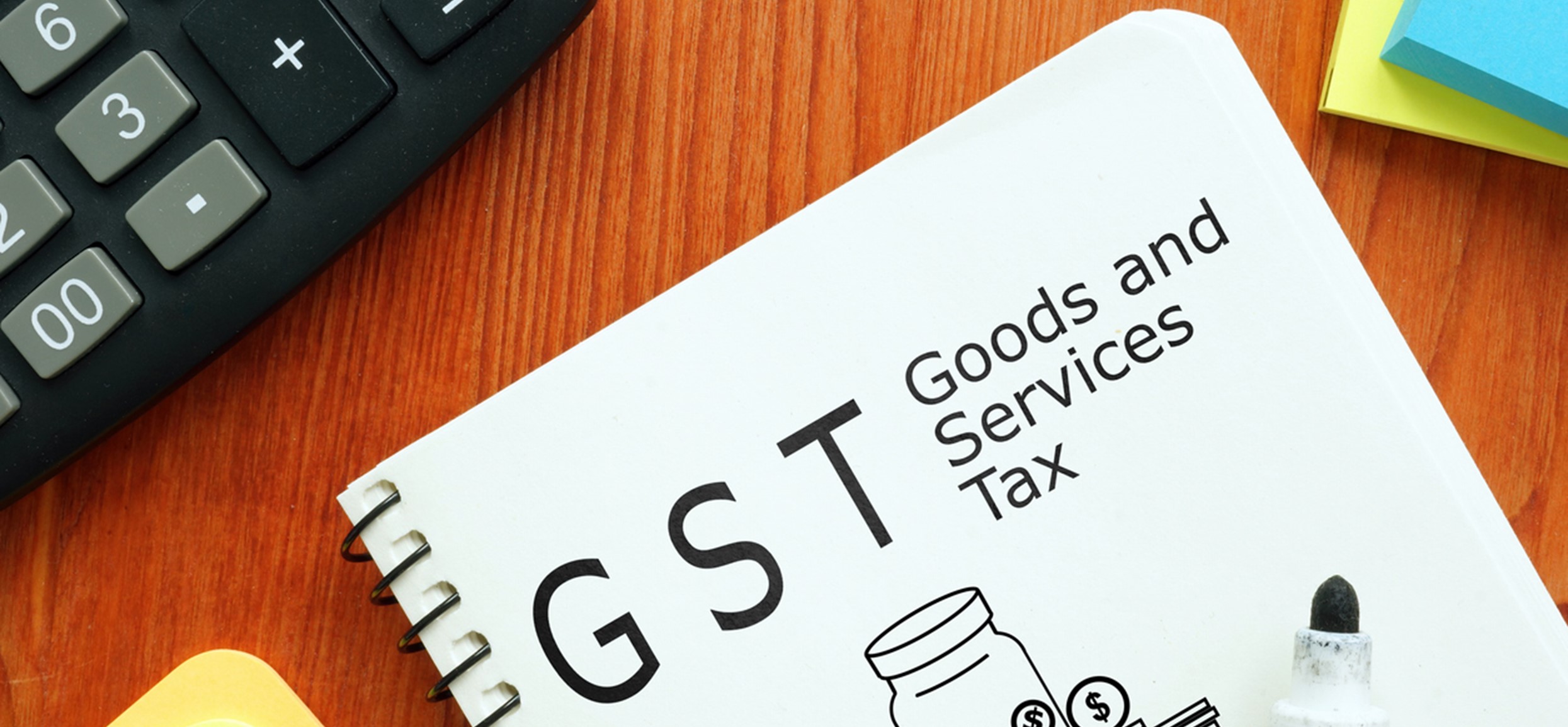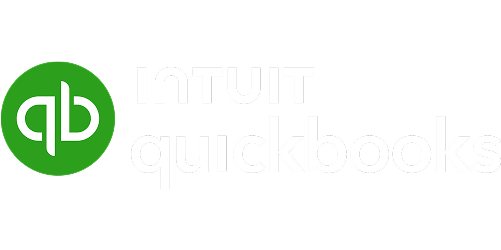1. Bring forward deductions
Individual Taxpayers with investment loans on fixed rate interest only loans may opt to prepay up to 12 months of interest on their investment loans (covering a service period ending before 30 June 2026). This allows them to claim a deduction in the 2025 financial year for the prepayment.
2. Work-from-Home Expenses
The Australian Taxation Office (ATO) has updated the fixed-rate method for calculating work-from-home expenses and revised recordkeeping requirements. Click here for the ATO recordkeeping requirements. For financial year ending 30 June 2025 the fixed rate is now 70 cents per work hour.
3. Motor Vehicle Claims
If you frequently use your personal vehicle for work-related travel, maintaining a logbook can enhance your eligible deductions.
- The logbook must be kept for 12 consecutive weeks and updated every five years or when your vehicle use materially changes, click here to ensure your logbook meets the ATO requirements.
- Keep records of expenses such as fuel, insurance, servicing, registration, and license fees for the financial year.
Without a logbook, employees can claim a maximum of 5,000 kilometers at 88 cents per kilometer for the 2024–25 financial year.
Note: Home-to-work travel is generally not considered work-related.
4. Charitable Donations
Donating to Deductible Gift Recipient’s (DGR) before 30 June 2025 can reduce taxable income while supporting a meaningful cause. Ensure your donation goes to a registered DGR and retain your receipt for tax purposes.
5. Income Protection Insurance
If your income protection policy is owned personally, it is deductible in your individual tax return.
- Consider consulting your financial adviser about holding the policy in your name rather than within a superannuation fund to maximise deductions.
- Paying premiums annually before year-end instead of monthly may also increase the deduction.
6. Capital Gains Tax (CGT) Exposure
Review your capital gains transactions for the financial year. If you’ve triggered a capital gains tax (CGT) event, assess whether selling loss-making assets is a viable strategy to reduce exposure.
Reminder: Holding an asset for over 12 months qualifies individuals for the 50% CGT concession.
7. Concessional Superannuation Contributions
You may be able to make additional concessional super contributions before 30 June 2025 to your superannuation fund and claim the contribution as a tax deduction. The concessional contribution cap for 30 June 2025 is $30,000. Even non-self-employed individuals can make eligible concessional contributions.
Eligibility requirements:
- Individuals under 67 years can contribute without restrictions.
- Those 67–75 years must pass the work test (40 hours within a consecutive 30-day period).
Members with a Superfund balance of less than $500,000.00 on 30 June 2024 can use the bring forward Unused Concessional Cap amounts from the prior five years.
Importantly to claim a tax deduction for the personal superannuation contributions, you must submit a Section 290-170 notice to your super fund and obtain an acknowledgment before lodging your tax return.

8. Non-Concessional (After-Tax) Contributions
Super fund members under 75 can make non-concessional contributions up to $120,000 per year or $360,000 over three years, subject to balance restrictions. Due to strict rules on super contributions, seek professional advice before making non-concessional payments to avoid excess contribution tax (47%).
9. Government Co-Contribution
Lower-income earners who generate at least 10% of their income from work or business and contribute $1,000 in non-concessional super payments may qualify for a Government co-contribution of up to $500.
- Full benefit: For those earning $45,400 or less.
- Partial benefit: Available for incomes between $45,400 – $60,400.
10. Division 293 Tax on Super Contributions
Individuals with combined income and concessional contributions exceeding $250,000 are subject to an additional 15% tax on taxable super contribution.
11. ATO interest charges incurred on or after 1 July 2025
From 1 July 2025 General Interest Charges (GIC) or Shortfall Interest Charges (SIC) incurred on or after this date are no longer tax deductible. This includes all GIC and SIC in respect of outstanding or late payments of tax for income years both before and after 1 July 2025. The rate is currently 11.17% and compounds daily. This means that you will pay more to carry a tax debt.
If cashflow allows we recommend paying off any outstanding ATO debt and continue to lodge and pay all ATO obligations on time to prevent non-deductible interest charges by the ATO.










